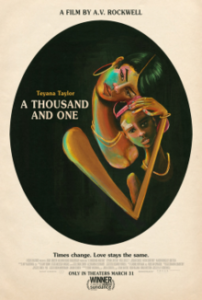Why the Teachers Union Hates Poetry Recitals

There were two things my siblings and I were required to do on Sunday mornings. Go to church and recite a poem. The former was a rule adhered to by all the kids on my block. The poetry? My friends thought it was a form of child abuse, before the term was even invented.
I had mixed feelings about it. I did not enjoy the memorization, but I did enjoy my mother’s approval when it was done. I can still recite many of those poems today.
Georgia and Arkansas have recently introduced new educational standards that include memorizing and then reciting poems. Sounds like a good thing, right? But guess who is objecting?
You got it. English teachers are criticizing the measure as being “mechanical and prescriptive.” It’s “rote learning,” they say, which doesn’t help children learn how to think “creatively” and “critically. “
This idea of teaching kids how to think rather than what to think is hardly new. It was part of my curriculum when I was in high school almost 60 years ago. And there is some sense to it, to be sure. But it’s incorrect to assume that learning how to memorize and recite long passages of poetry doesn’t do anything to improve the brain.
For my siblings and me, the Sunday morning mandate was immensely valuable in many ways. At the simplest level, it taught us how to memorize text – which is a skill that can be extremely gratifying and even useful as an adult. It also imparted in us a respect and admiration for poetry in particular and literature in general that has made our lives much richer than they would be if our primary form of personal entertainment was watching baseball or playing Diablo III.
The problem is that so many teachers today have no idea of what creative and critical thinking is. The proof of that is what is going on at so many high schools (and even grammar schools) around the country. In spreading the gospel of Critical Race Theory and Gender Ideology, America’s teachers are engaged in a pandemic of educational indoctrination that includes “facts” that are not factual and analytical theory that is not in the least bit analytical. And to make matters worse, they are failing students that have the nerve to think on their own.
Here’s what happened to one student that did some independent thinking.
 MarkFord
MarkFord












